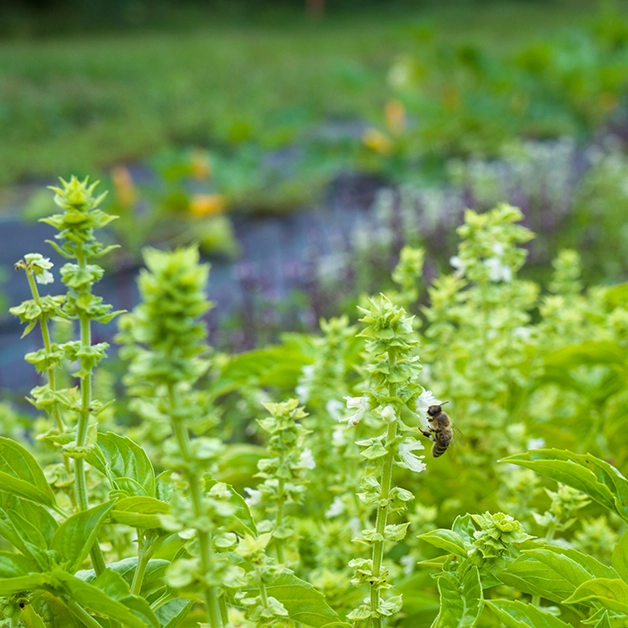Update on the Great Lakes TCGM Program

Communities working to reduce air pollution, protect their drinking water, and address other basic human needs are bearing the consequences of the federal government’s recent actions to cancel funding for environmental and public health projects.
The current administration has recently taken a number of actions that we believe are unlawful to terminate grant programs that are mandated and funded by Congress. On May 1, 2025, the U.S. Environmental Protection Agency (EPA) notified the Minneapolis Foundation that the Great Lakes Thriving Communities Grantmaking program is among those grants that are being terminated. This termination notification followed a series of funding freezes and other steps taken earlier this year by the EPA to terminate our underlying Regional Grantmaker agreement and to curtail our access to federal resources totaling $60 million that we administer on behalf of the Great Lakes region.
We are disputing these grant terminations through legal action and remain steadfast in our commitment to the rural, urban, and tribal communities served by this program.
The Minneapolis Foundation was selected by the EPA to serve as a regional grantmaker through the EPA’s Thriving Communities Grantmaking program. Funding for our program was approved by Congress, after rigorous review by the EPA, to support work led by local communities across six states and 37 federally recognized tribal nations.
Since we began accepting grant applications for this program in December, the Minneapolis Foundation and its partner organizations have received more than 650 applications from local governments and other community organizations working to remediate soil and water contamination, make homes safer and more energy-efficient, modernize wastewater treatment processes, and address many other environmental and public health needs.
Examples include projects that:
- Improve air quality through the creation of green spaces in Cincinnati, Ohio.
- Enhance emergency preparedness and disaster resilience through GIS mapping of community infrastructure in rural Illinois.
- Reduce water contaminants in the Great Lakes and the connecting rivers through community cleanups, water quality monitoring, and educational workshops.
Before we received the May 1 termination notice, we had a brief window during which we were able to draw down funds for our first 10 grantees who had made it through each step of the application and approval process. While we’re proud of this milestone, we’re also focused on getting the remaining funds into communities that urgently need them.
For those who have already submitted grant applications: Our team will be in touch with your organization directly about next steps. We are grateful for your ongoing patience and understanding.
For those planning to submit proposals: As we shared earlier this spring, the response to this program has been incredibly strong, and so we closed our application portal on April 30 to give our team time to review proposals submitted by then. Unless we can regain sustained access to our funding, we are unable to open another grant round.
We know that the local communities most affected by cuts like these have been disproportionately affected by long-term disinvestment—and they are critical to our shared future. We are deeply committed to the vital work they are leading to protect our air and water, grow fresh food, make homes healthy and safe, and help ensure the future prosperity of our nation.

